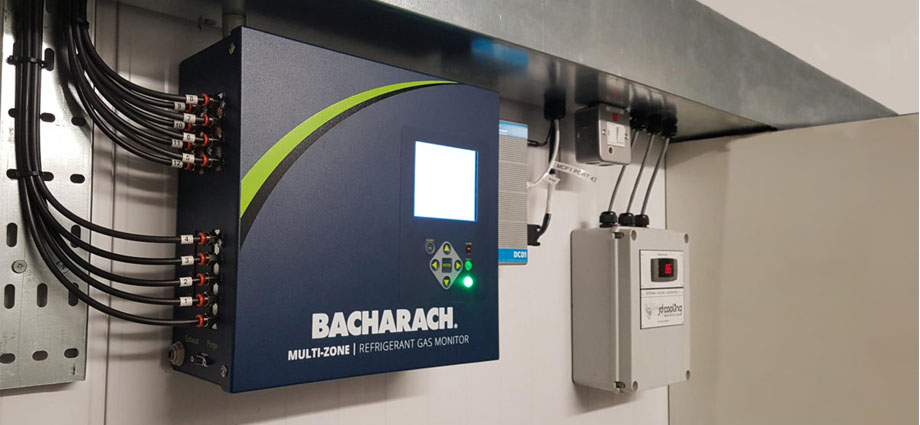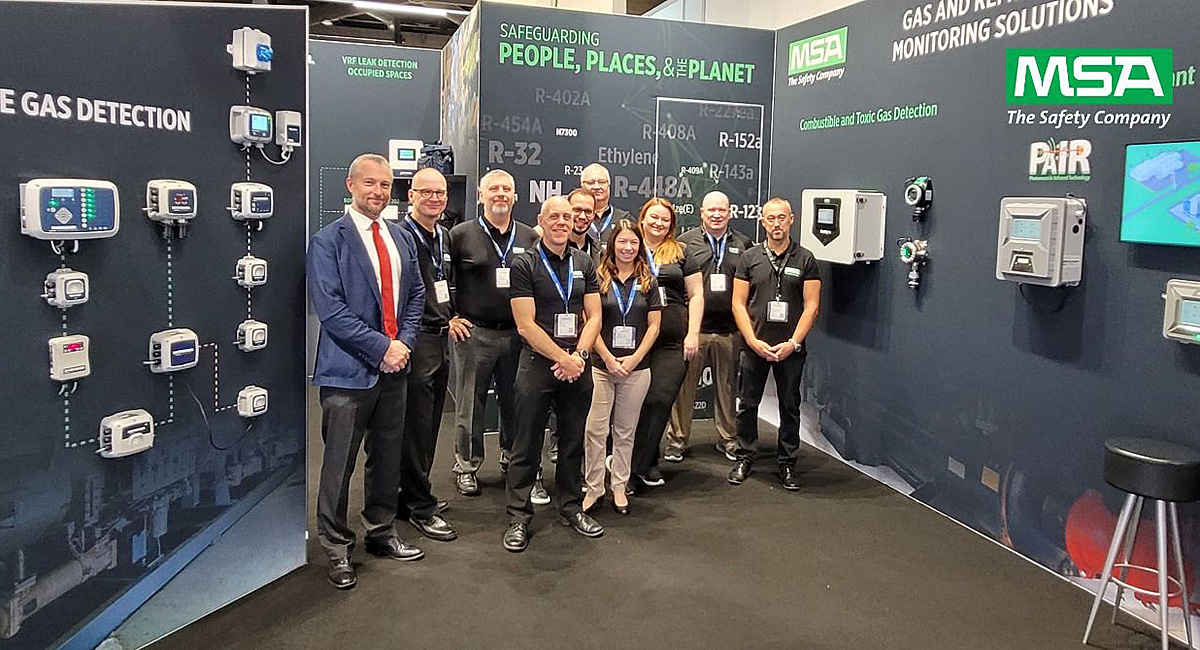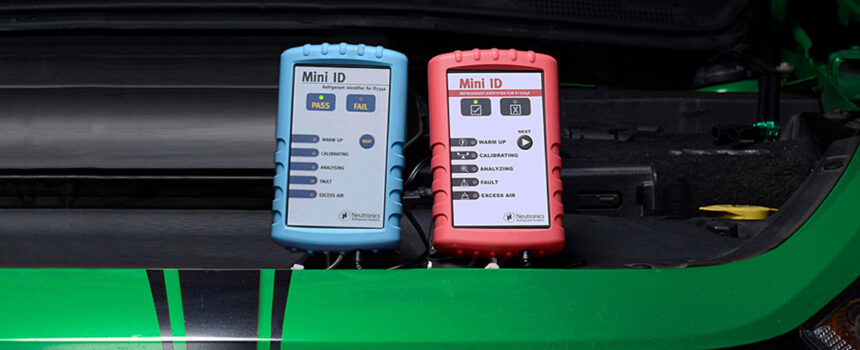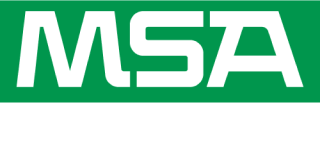
In late 2020, the California Air Resources Board (CARB) approved the nation’s first commercial refrigeration regulations. Known as the California Refrigerant Management Program (RMP), the requirements prohibit the use of certain chemical refrigerants, including R404A, as well as provide guidelines to help facilities curb the environmental effects of hydro-fluorocarbon refrigerants (HFCs).
Whether CARB/RMP will help shape national energy policies remains to be seen—but that doesn’t negate the fact that supermarkets, quick service restaurant (QSR) establishments, and other enterprises across the country can benefit from understanding new and emerging safety standards.
If you’re a facility manager, operations professional, or engineer, you can’t afford to be unaware of regulatory compliance issues. Nor can you ignore the opportunity to become a leader in efficient and compliant refrigeration.
Keep reading to learn what the new rules of sustainable commercial refrigeration leak protection are, and how you can lean into them as you move forward with your environmental sustainability efforts.
Rules of Refrigerant Leak Detection, Monitoring, and Compliance
Although the refrigerant management landscape continues to be in flux at both national and state levels, it’s still incumbent upon you to be proactive with your refrigerant leak detection practices and protocols. Here are three of the most important guidelines to follow.
1. Make sure you have the capability to detect low levels of refrigerant gas.
According to the Environmental Protection Agency (EPA), the average leak rate for commercial refrigeration appliances used in the retail food and cold store warehouse sectors is 35%. Not only is this environmentally detrimental, frankly, it’s costly for operations that rely on these refrigeration appliances.
Solution: Bacharach Multi-Zone Gas Monitor
- Includes a gas library of 60+ refrigerants, which means it specifically targets the nuances of refrigeration
- Provides industry-leading detection as low as 1 ppm
- Helps ensure compliance with refrigeration safety standards (ASHRAE 15, EN 378, CSA-B52) and emissions regulations (F-Gas, CARB RMP)
- Includes a variety of communication interfaces (Modbus, BACnet and LonWorks) for integration into BMS/BAS
- Features large graphic LCD display and LED status indicators for an at-a-glance overview of the system
2. Improve refrigeration equipment performance by enabling proactive monitoring for predictive maintenance across the enterprise.
Refrigerant gas leaks not only damage the environment, they also reduce equipment performance and reduce profitability. When you’re able to identify leaks early, you can act fast to speed up leak repair time, enable proactive maintenance, and better maintain normal operations.
Solution: MSA FieldServer Gateways and Routers
- Is quick and easy to install
- Integrates with the Building Management System (BMS)
- Helps eliminate IT security issues
- Features state-of-the-art diagnostics, troubleshooting, and remote notification capabilities
3. A holistic solution can help ensure refrigerant compliance.
Complying with refrigerant leak requirements and regulations is somewhat like the proverbial chicken and egg: Which comes first, ensuring that you’re operating at peak performance or preserving the environment? For the safety of people and places, the answer is, of course, both.
This applies to both operating the refrigeration equipment, as well as maintaining, servicing, and repairing it. For specific details on these requirements, refer to the most recent version of Section 608 of the EPA’s Clean Air Act. Of special note, is the requirement for refrigeration equipment owners and operators to ensure that a Section 608-certified technician conducts routine leak inspections (frequency depends on the type of equipment). Quarterly or annual inspections are not required, however, if the appliances are “continuously monitored by an automatic leak detection system that is audited and calibrated annually.”
Solution: Parasense Refrigerant Tracking and Compliance Software
- Provides greater visibility of refrigerant usage
- Helps ensure regulatory compliance with EPA 608, CARB, and F-Gas reporting requirements
- Supports access anytime, anywhere on any device
- Notifies key stakeholders and local contractors for early intervention
The Future of Refrigerant Gas Monitoring
One of the best ways to learn more about these new rules and solutions is to join us at the AHR Expo 2024 in Chicago, January 22-24.
You can visit us in Booth S6536 where we’ll be answering questions and demonstrating solutions to help you connect and protect your refrigeration equipment.
Remember, AHR is the premier event for OEMs, engineers, contractors, and facility operators, offering a unique opportunity to keep up with the latest information, products, and technologies for refrigeration leak detection and protection.
Can’t make the show? Reach out to us to learn more about
- Refrigerant gas detectors
- Industry-leading IIoT connectivity solutions
- Achieving compliance and safeguarding safety







